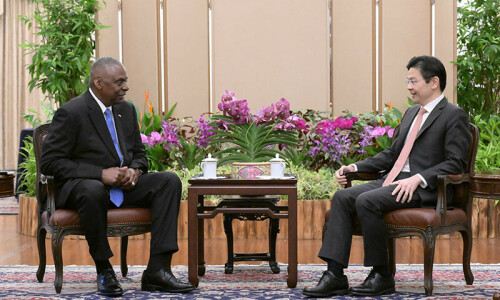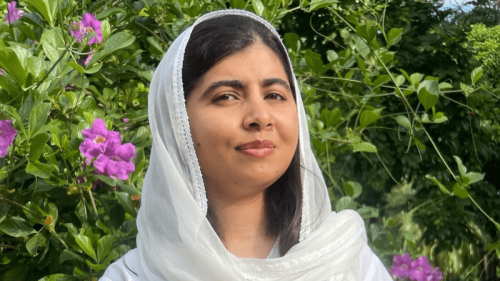WITH another seven policemen killed in Karachi on Saturday, the new year has been a very grim one for the provincial capital’s police force — some 23 policemen have died this month so far. As if the bare statistics were not grim enough, the wide-ranging nature of the threat has rendered it even more complicated to deal with. From Taliban threats to old scores being settled to surely some attacks linked to the ongoing low-profile operation in the city to ordinary criminals emboldened enough to take on the police, the always-stretched and perennially under-resourced Karachi police force is facing a host of challenges simultaneously. Quite what can be done in the short term to mitigate the threats and better protect the police is unclear. By the very nature of their job, policemen are vulnerable to attack — and in a tumultuous, chaotic city that large parts of Karachi can be, the dangers only multiply.
Still, the global experience suggests that two measures are key to keeping the police safe so that they, in turn, can keep the public safe. The first is the intelligence aspect. Killers of policemen or individuals who want to put pressure on the police are usually linked to some kind of wider group, whether political, insurgent or pure criminal. Track those groups, keep a close watch on them and, more often than not, the source of the threat can be identified and dealt with. Of course, in the case of Karachi, knowing where a threat emanates from does not necessarily or automatically mean acting against it. Which is the other part of the equation: bringing to justice the killers of policemen. No police force in the world can operate with the right amount of morale and fearlessness if its own members are picked off seemingly at will — and the killers are never brought to justice. But for that to happen, the age-old problems of political will and a functional judicial system must also be addressed. Realistically though what are the chances of that?
Ultimately, it will come down to what the provincial and federal governments are moved to do, whether of their own accord or because of pressure from the police, or possibly even the public. The prime minister and the Sindh government did demonstrate their willingness to back the police last year when they authorised the latest Karachi operation, but that support now needs to be reiterated and demonstrated anew. To ask the police to take on great risk to try and bring stability to the sprawling city is one thing; to expect them to take the deaths of their colleagues in their stride is quite another — and unacceptable.








































